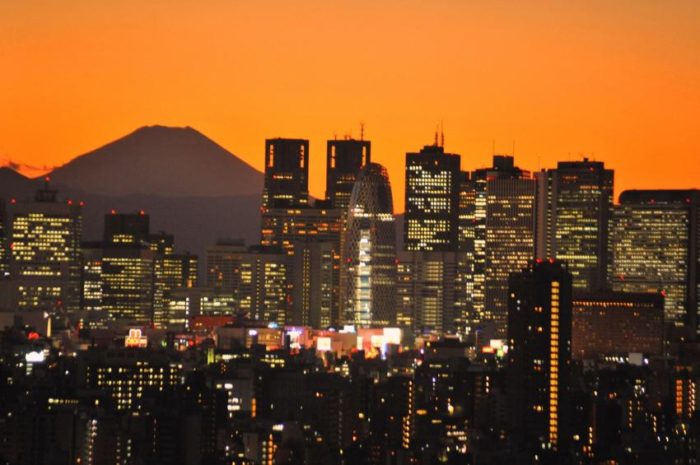Published in the Nikkei Asian Review 3/10/2018
The Tokyo 2020 Olympics are due to take place in the rice-cooker heat and humidity of late July and early August. With the mercury topping 39 degrees this year, the risk to athletes is obvious. Marathon runners dropping like flies would not be a good look for this much-anticipated demonstration of Japanese soft power.
In 1964, the Tokyo Olympics were held in temperate October. The expansion of multi-billion dollar televised sports – such as English Premium League football – now makes that impossible. Instead, a partial fix has been proposed in the form of the introduction of Daylight Saving Time (DST). Yoshio Mori, president of the Organizing Committee and a former prime minister himself, recently recommended the idea to Prime Minister Abe.
At first sight, the prospect appears attractive. In midsummer the sun rises in Tokyo at 4.30 a.m. and sets at 7.00 p.m. By the time the working day starts, the heat is punishing and sweat glands are in overdrive. Surely there has to be a better way? After all, out of the 35 member countries of the OECD, only four – Japan, South Korea, Turkey and Iceland – do not implement DST, or Summer Time as it is sometimes known.
Yet if you think that putting the clock forward an hour is a simple matter, think again. DST has been highly political right from the start, when Germany, Britain and the United States implemented it during the First World War. As noted by Vanessa Ogle, a scholar who has written extensively on the history of global time reform, DST was originally promoted in Britain “as a way to curb unhealthy behaviour such as rising late in the morning or idling in pubs after sunset.”
Today the justifications have changed, but the spirit of moral improvement is still there. It would help the fight against global warming by reducing energy consumption, say summertime proponents in Japan and elsewhere. Traffic accidents and crime would decline. There would be more time for sightseeing and outdoor activities, thereby boosting the economy.
The trouble is that research in countries that have introduced DST has found much smaller benefits than the improvers advertised. Worse, there is evidence of higher rates of depression, heart attacks and suicide in the weeks immediately following clock changes. According to one American study, judges – presumably grumpier after sleeping poorly – tend to hand out longer sentences too.
Japan endured a four year experiment with DST under the post-war American Occupation. As soon as the Americans left, the new Japanese government abolished it. This wasn’t some nationalistic reflex. DST always creates winners and losers, with agricultural communities amongst the latter. That is why some rural states in Australia have repeatedly rejected it in referendums while more urbanized ones have gone ahead. The number of Japanese engaged in agriculture has declined to a tiny proportion, but the booming alcoholic drinks and night-time entertainment industries could suffer. Carousing in Roppongi or Ginza would not be the same in daylight.
DST makes most sense for countries distant from the equator as they experience significant seasonal variation in daylight hours. That includes most of the OECD, but excludes the majority of the world’s population, including nearly all Asians and Africans. Tokyo, which is on the same latitude as Tunis, is not a natural candidate for DST. If Japan wants the sun to rise and set later, the best solution would be simply to do what the EU is currently considering – adopt “permanent Summer Time.” The clocks go forward, then never revert, effectively changing the time zone.
As Vanessa Ogle points out, DST was just a small part of the global standardization of calendar time required by the modernizing world of factories, trains and schools. In post-industrial economies, absolute synchronization is less essential and many service businesses have adopted flexi-time. Furthermore, in today’s more pluralistic, interconnected world, many conceptions of time can exist simultaneously – for example, Japan’s system of imperial eras, the Chinese sixty year cycle and lunar New Year and the daily solar time of Islamic rituals.
Tokyo already operates on “multi-time,” with its 24 / 7 convenience stores and night-workers of all sorts, from bankers making deals with New York to ramen cooks. What Tokyo 2020 needs is a special “Olympic time zone” that will apply to athletes, officials and spectators, but not to ordinary uninvolved citizens.
The marathon could start at 7.a.m. Olympic time, which would still be 5 a.m. Japan time. And at 7 p.m. Japan time, office workers could be celebrating the latest Japanese medals in their favourite neon-lit drinking spots. That might not cure the summertime blues, but it would be a decent palliative.
